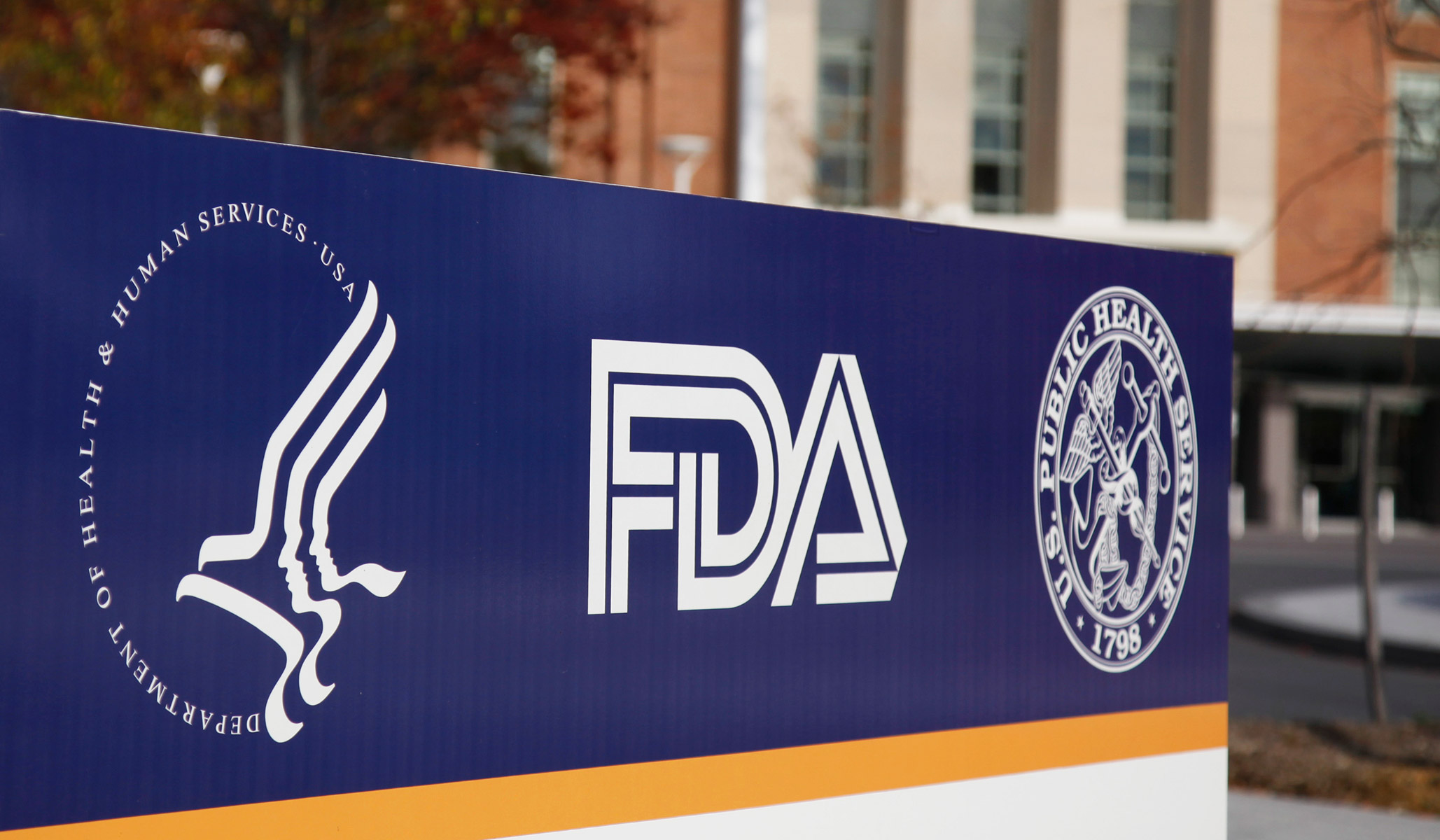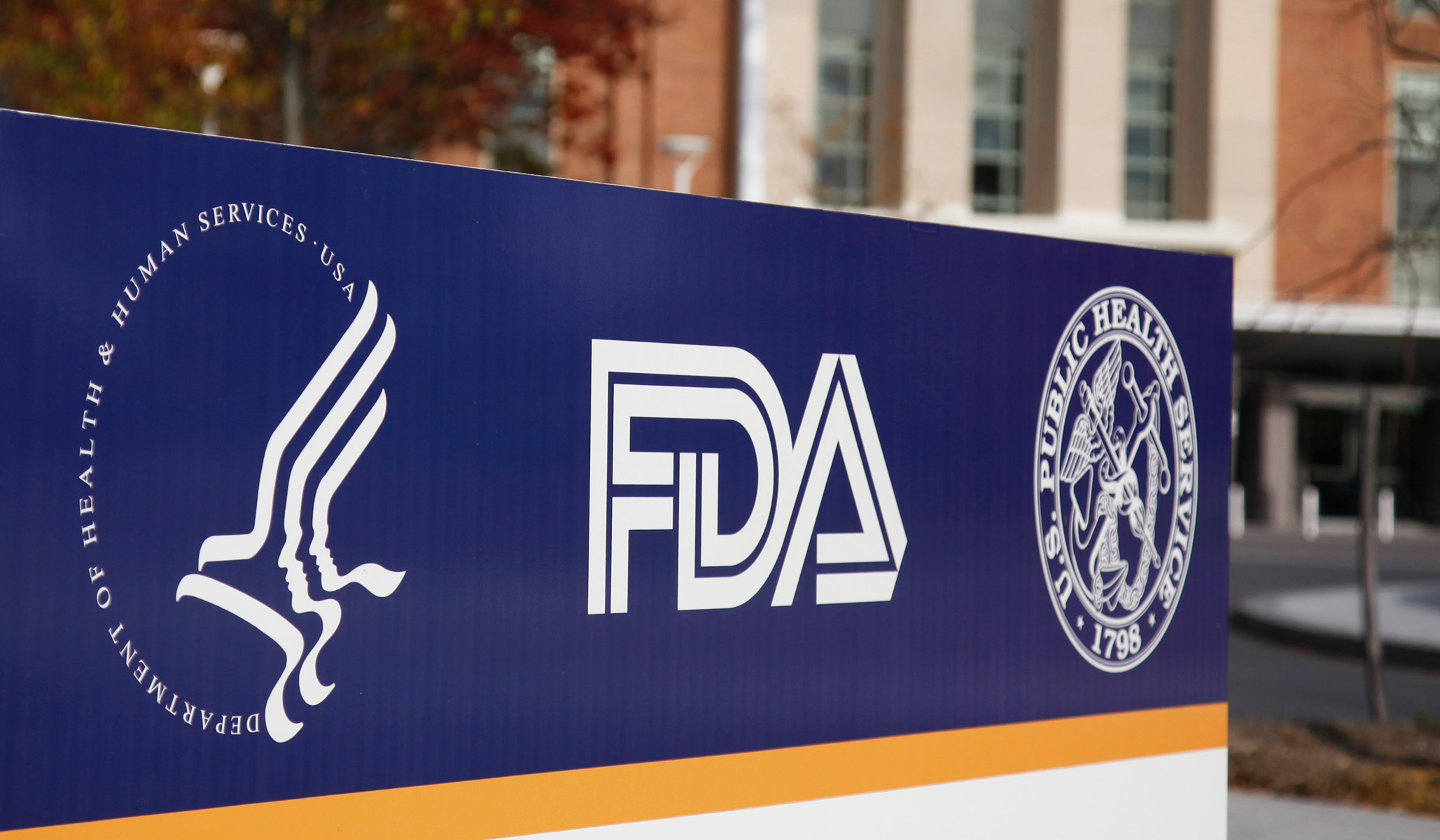
There are three possible explanations for why two longtime U.S. Food and Drug Administration officials specializing in vaccines have announced their departures from the agency and have simultaneously published a long essay in the medical journal The Lancet, expressing skepticism, or at least wariness, that members of the general public need a booster shot against COVID-19 soon.
Marion Gruber, the director of the FDA’s Office of Vaccines Research and Review, and Phil Krause, deputy director of the same office, contend that recipients of vaccines with low efficacy or those who are immunocompromised might need a booster, but the general public just doesn’t need one yet, and the risks of another shot of a COVID-19 vaccine should not be casually dismissed.
Krause and Gruber, along with 16 other doctors and PhDs, write in The Lancet:
“Although the benefits of primary COVID-19 vaccination clearly outweigh the risks, there could be risks if boosters are widely introduced too soon, or too frequently, especially with vaccines that can have immune-mediated side-effects (such as myocarditis, which is more common after the second dose of some mRNA vaccines, or Guillain-Barre syndrome, which has been associated with adenovirus-vectored COVID-19 vaccines). If unnecessary boosting causes significant adverse reactions, there could be implications for vaccine acceptance that go beyond COVID-19 vaccines. Thus, widespread boosting should be undertaken only if there is clear evidence that it is appropriate… Current evidence does not appear to show a need for boosting in the general population, in which efficacy against severe disease remains high. Even if humoral immunity appears to wane, reductions in neutralizing antibody titre do not necessarily predict reductions in vaccine efficacy over time, and reductions in vaccine efficacy against mild disease do not necessarily predict reductions in the (typically higher) efficacy against severe disease.”
It will be quite difficult for booster proponents to paint Krause and Gruber as anti-vaxxer cranks, or ignorant individuals who just don’t understand how vaccines work.
The first possible explanation is that Krause and Gruber are wrong, the evidence strongly suggests boosters are valuable and needed, and Krause and Gruber lost the internal debate within the FDA. Perhaps they are bitter about losing that internal argument, and are departing the agency with a bang, doing what they can to persuade the broader medical community and the public of their dissenting perspective that boosters are just not needed at this time, and cannot be justified by the risk.
Explanation two is that Krause and Gruber are right, the evidence strongly suggests boosters are not needed for the general public anytime soon, and that others at the FDA or within the Biden administration are pushing the country’s policy on boosters in the wrong direction. It is not difficult to envision an administration freaked out by the country facing more than 2,000 deaths per day, ten months after president pledged he would “shut down the virus,” even with more than 76 percent of American adults and more than 74 percent of all eligible Americans having at least one shot. An administration desperate to be seen as “doing something” might turn to boosters as their solution when asked why the pandemic isn’t ending as quickly as it was supposed to end. People who eagerly went out and got vaccinated as soon as they were able are likely to be eager to go out and get a booster as soon as they are able.
Explanation three is that the data isn’t clear enough right now, the evidence doesn’t strongly point in favor or against the value of boosters, and bright scientists and doctors who want to help people will look at the same data and come to different conclusions. Gruber and Krause might see mild cases of COVID-19 going through vaccinated populations as a minor problem that society can handle with minimal disruption, while all of the doses that would be used as boosters can be put to better use, shipped to overseas populations that haven’t had a single shot yet. Others at the FDA or within the Biden administration might see mild cases of COVID-19 proliferating among the vaccinated as the sort of problem that could undermine public faith in the vaccines. And what constitutes a “mild” case of COVID-19 might be in the eye of the beholder.
If it turns out that boosters are indeed necessary and a good idea, and this Lancet article is promoting a misunderstanding of the science, and undermines public faith in the value of COVID-19 booster shots… hey, it’s not like this is the first time The Lancet has promoted scientifically-unsupported claims that vaccinations are bad.

